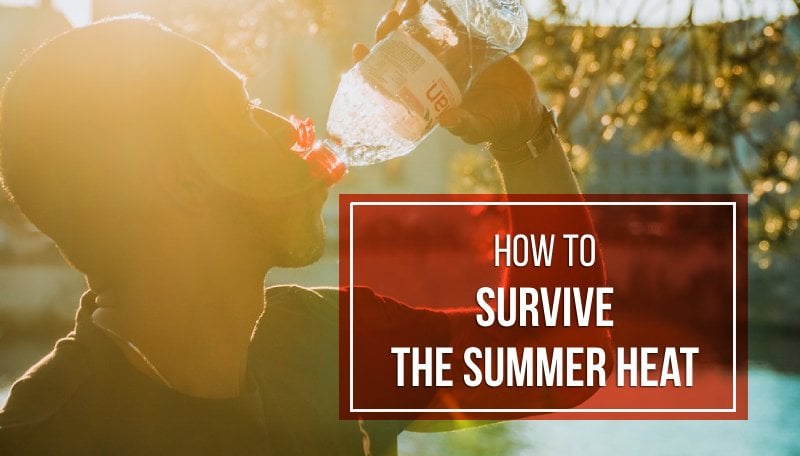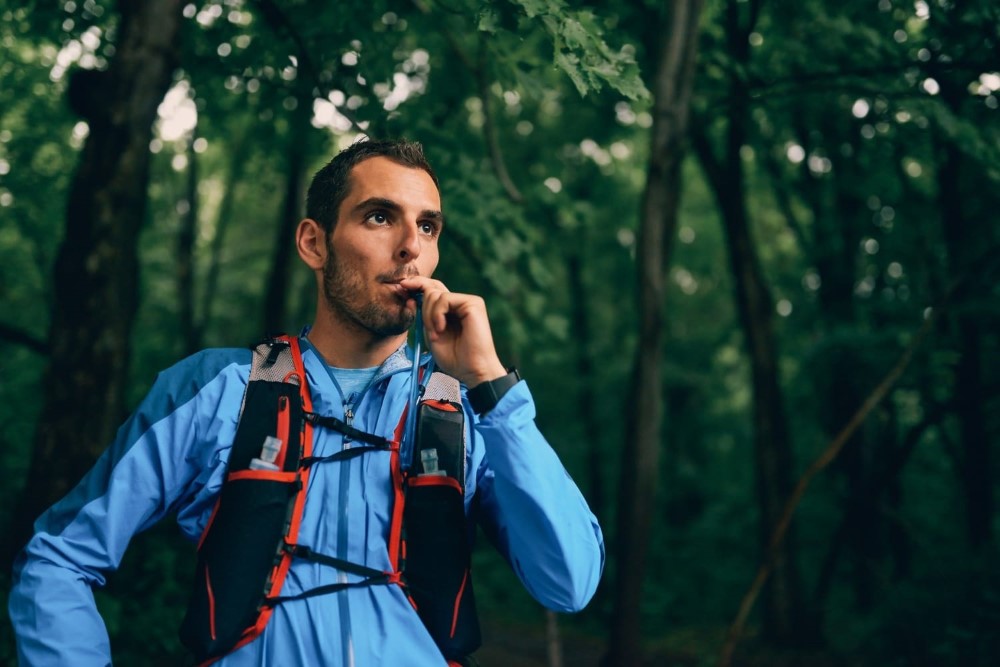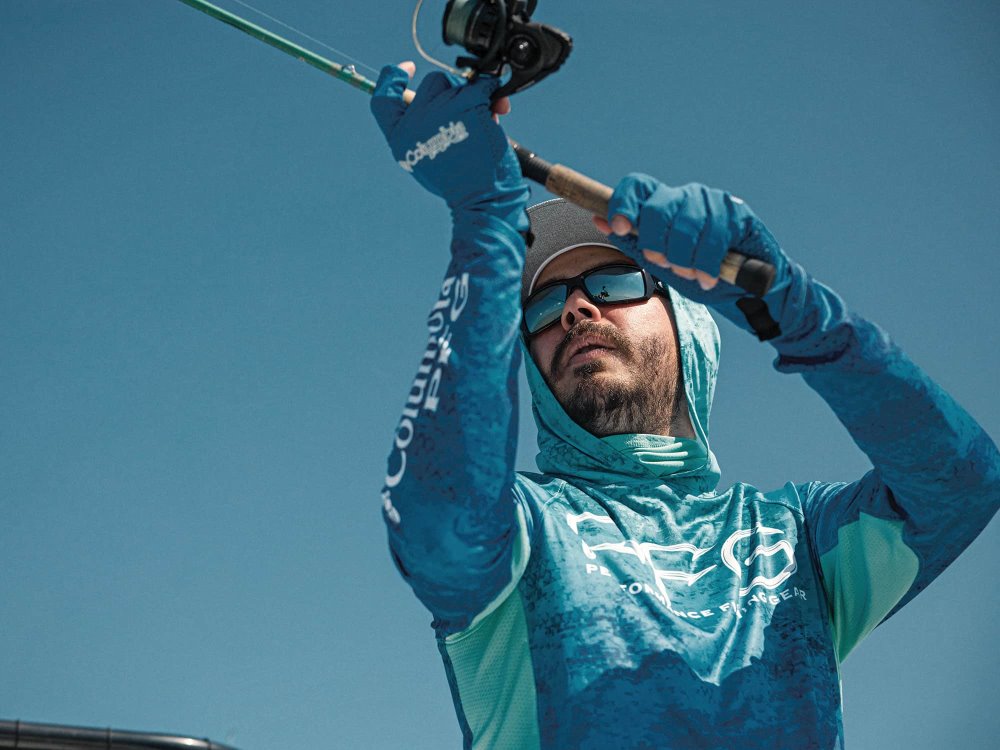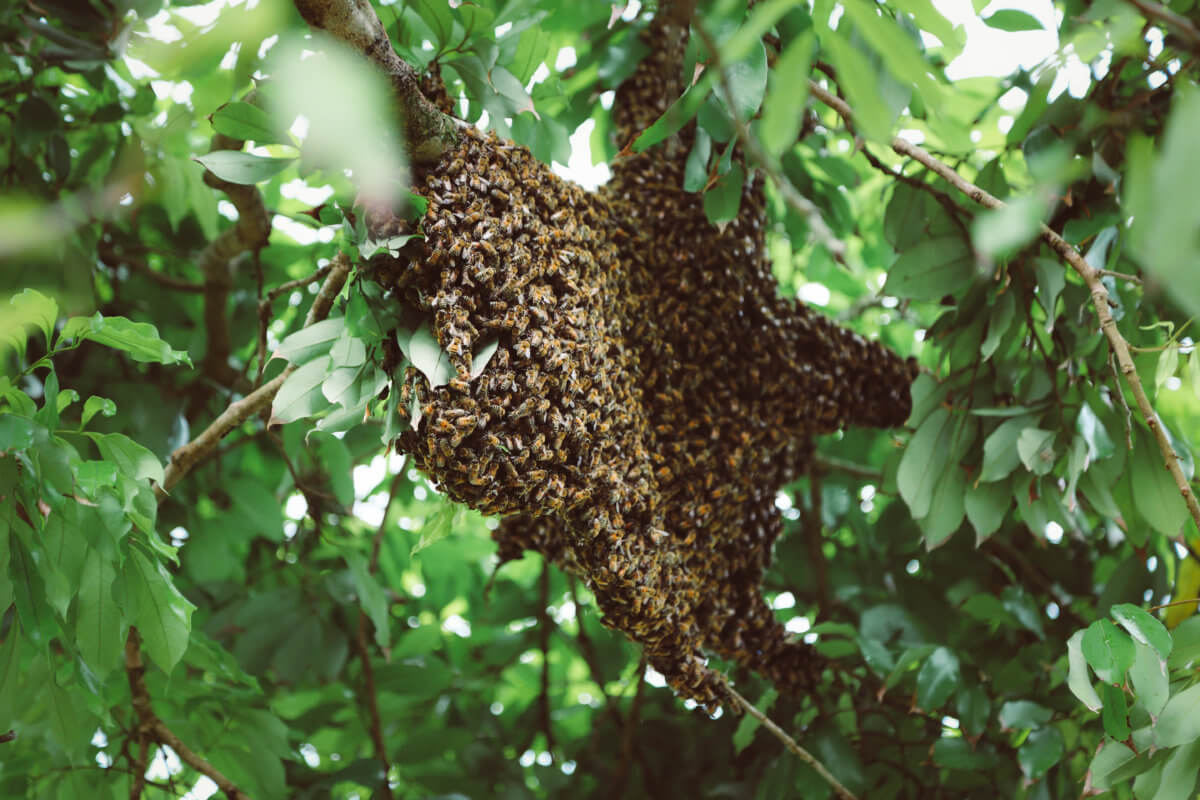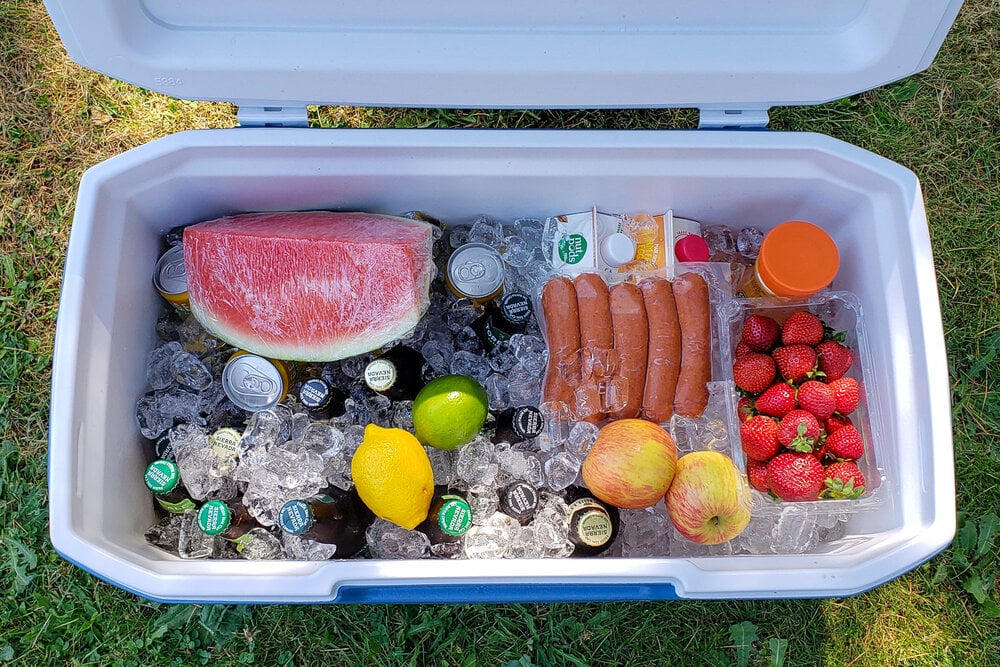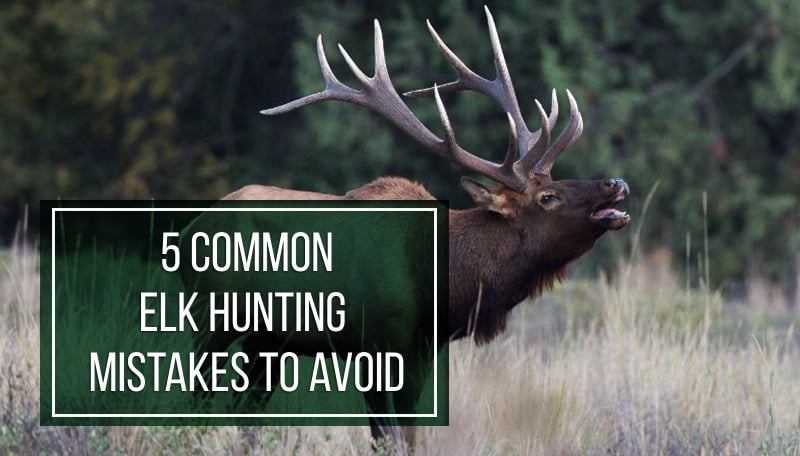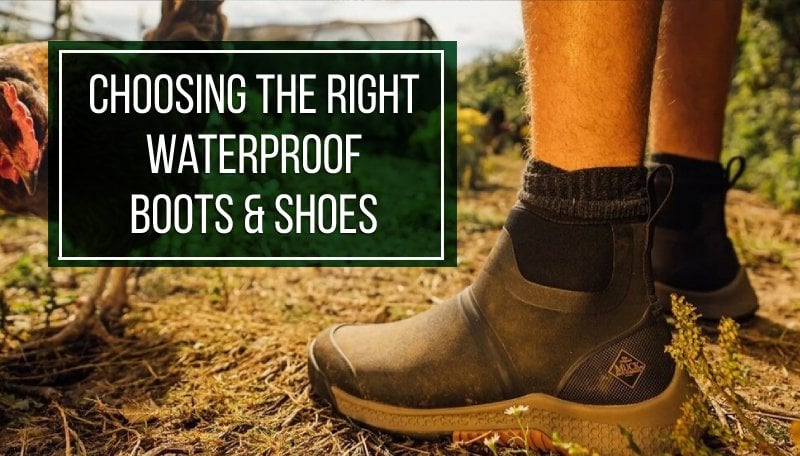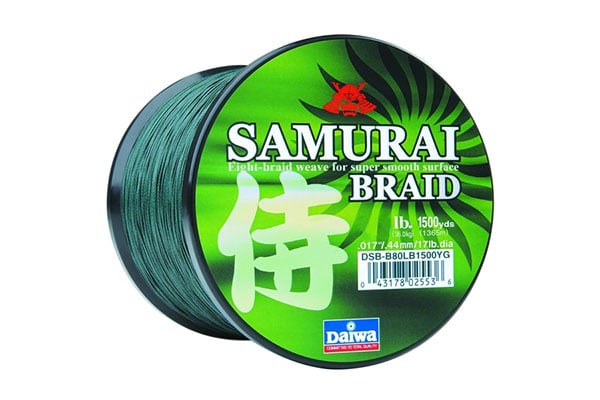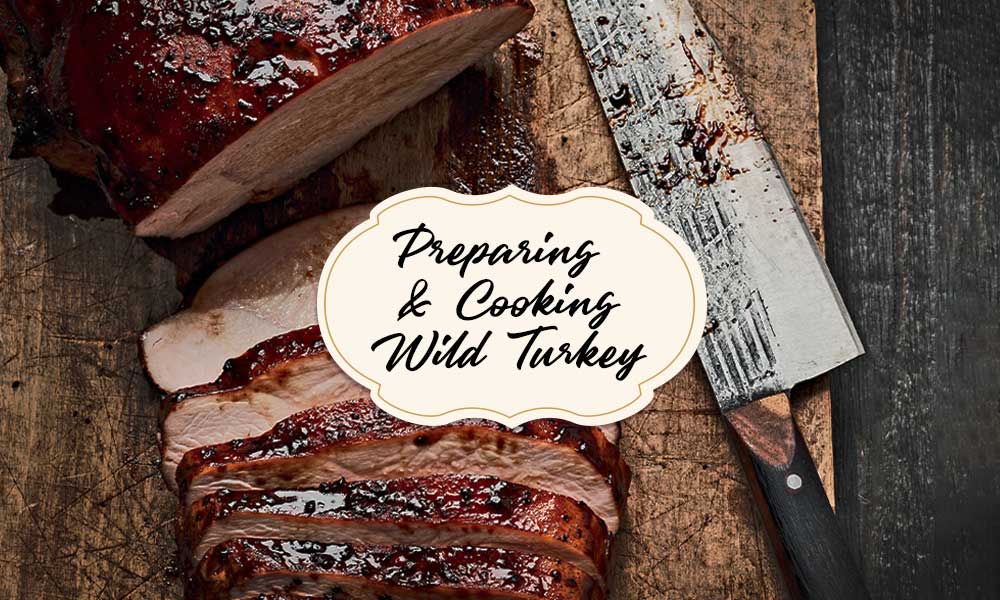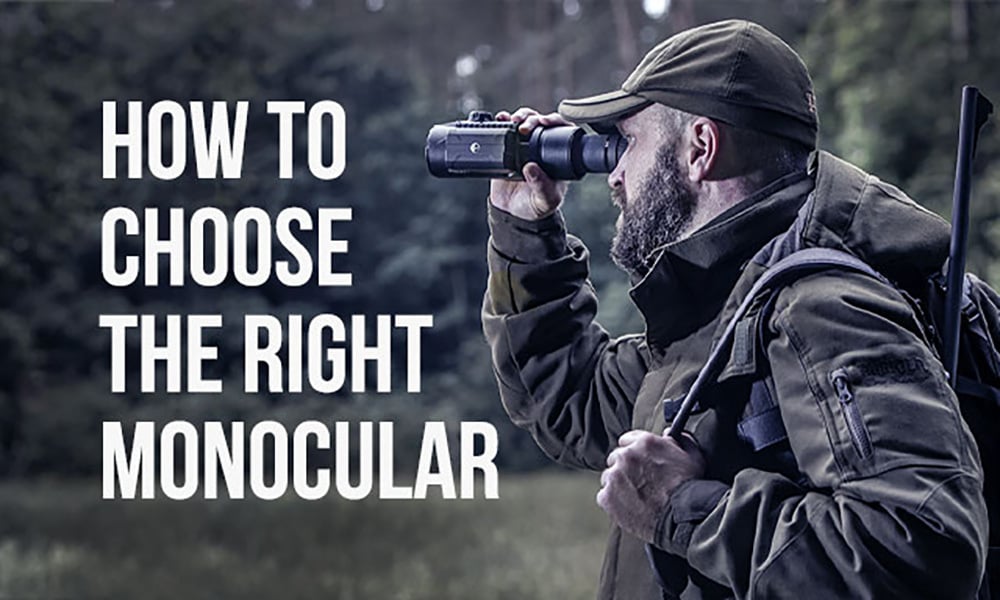Last Updated on
Summer is a fantastic time of year, filled with beach trips, barbecues, and basking in the beautiful sunshine. But with the mercury rising, it’s also a time when we need to take extra precautions to stay healthy and comfortable. From our guide to summer survival, you’ll learn common heat-related illnesses and how to avoid or deal with them, as well as what non-heat-related hazards you might face.
Table of Contents
Heat-Related Illnesses
Tips for Summer Safety
Other Summer Hazards
Understanding Heat-Related Illnesses
Knowledge is always power. Let’s get to know the most common heat-related illnesses so we can learn how to avoid them.
- Heat Stroke is the most serious heat-related illness that can be life-threatening. It occurs when your body overheats, usually as a result of prolonged exposure to or physical exertion in high temperatures. Symptoms can include high body temperature (103°F or higher), hot, red, dry, or damp skin, fast, strong pulse, headache, dizziness, nausea, confusion, and even loss of consciousness.
- Heat Exhaustion is a step down from heat stroke, but it’s still serious. It can happen after you’ve been exposed to high temperatures for several days and have become dehydrated. Symptoms include heavy sweating, cold, pale and clammy skin, fast, weak pulse, nausea or vomiting, muscle cramps, tiredness or weakness, dizziness, headache, and fainting.
- Dehydration happens when you lose more fluid than you take in, and your body doesn’t have enough water and other fluids to carry out its normal functions. You may feel thirsty, urinate less often, have a dry mouth and throat, and feel dizzy or lightheaded.
Remember, these conditions can sneak up on you fast, so it’s important to listen to your body. If you start feeling any of these symptoms, move to a cooler place, sip water, and rest. Don’t hesitate to seek medical help if your symptoms persist or worsen.
Essential Tips for Summer Safety
When it comes to answering the question of how to survive the heat of the summer, a little preparation goes a long way, especially for outdoor athletes and hunters. Here are some essential tips for summer survival to help you stay safe and cool during your outdoor pursuits.
Importance of Hydration
Water is your best friend during the hot months. It keeps your body cool and helps maintain essential bodily functions. Aim to drink at least 8-10 glasses of water a day, but remember, if you’re exerting yourself physically or spending a lot of time outdoors, you’ll need more. Don’t wait until you’re thirsty; keep sipping throughout the day. Thankfully, there are many solutions tailored to different needs.
- Hydration Packs for Trail Runners: These packs are designed to be lightweight and comfortable, allowing runners to carry water without hindering their performance. They often feature easy-to-use mouthpieces for quick sips while on the move. Adjustable straps ensure the pack fits snugly and doesn’t bounce around during the run. Some even include additional pockets for snacks, phones, or keys.
- Hydration Systems for Bikers: For cyclists, hydration systems often come in the form of a backpack or a bag that fits in the bike frame. They include a reservoir or “bladder” that can hold a substantial amount of water and a long tube that allows bikers to drink hands-free while riding. Some models also offer insulation features to keep the water cool during touring.
- Hunting Backpacks with Hydration Bladder: For hunters, staying hydrated is equally important. Many hunting backpacks now come with a special compartment for a hydration bladder, ensuring easy access to water throughout the trip.
Also, consider adding an electrolyte drink to replenish lost salts and minerals if you’re engaged in high-intensity activity, such as stalking an animal, HIIV workout, or mountain biking. During intense exercise or in hot weather, your body sweats to cool down, but this process also results in the loss of these important electrolytes. Drinking water alone won’t replace these lost electrolytes. That’s where electrolyte drinks come in. They restore the electrolytes your body needs, helping to prevent dehydration, maintain proper muscle function, and balance your body’s pH levels.
Dressing for the Heat
Choosing the right gear can make a significant difference in how you handle the heat. Opt for lightweight, light-colored, loose-fitting clothing that allows your body to breathe and sweat to evaporate. Here’s what you may want to pay attention to:
- Breathability vs. Moisture-Wicking: When it comes to technical clothing for outdoor activities or sports, striking a balance between breathability and moisture-wicking is crucial. Breathability refers to the fabric’s ability to allow air to circulate freely, preventing heat from getting trapped between the clothing and your skin. It helps to keep you cool during strenuous activities or in warm conditions. On the other hand, moisture-wicking refers to the fabric’s capability to quickly move sweat away from your skin to the outer surface of the clothing, where it can evaporate. It keeps you dry and comfortable, even during heavy perspiration. Having both these features in technical clothing ensures that you stay cool and dry, enhancing your performance and comfort during physical activities. If a garment is highly breathable but lacks moisture-wicking abilities, you may end up feeling clammy as sweat isn’t effectively removed. Conversely, a garment with excellent moisture-wicking properties but low breathability may leave you feeling overheated. Therefore, a good balance of both is key to optimal comfort and performance.
- UPF Clothing: UPF stands for Ultraviolet Protection Factor. It’s like SPF for your clothes, protecting your skin from the sun’s harmful rays. Look for clothing labeled with a UPF rating – the higher the number, the greater the protection.
- Design: Believe it or not, long sleeves and pants can be cooler than shorts and tank tops, as they shield your skin from the sun. Look for loose, flowy designs that allow air to circulate.
And don’t forget your hat and sunglasses!
Importance of Sunscreen
Even if you’re hidden in the woods or running in the early morning, sun protection is essential. Apply a broad-spectrum sunscreen with an SPF of 30 or higher to all exposed skin, and reapply every two hours or more often if you’re sweating heavily. It not only protects you from painful sunburn but also reduces your risk of skin cancer.
Seeking Shade and Cool Environments
When possible, try to schedule your activities to avoid the peak heat hours between 10 a.m. and 4 p.m. If you’re out hunting or training during these times, take regular breaks in shady spots. If you feel yourself overheating, dampen a cloth with cool water and place it on your neck or forehead to help bring down your body temperature.
Surviving Other Summer Hazards
Stinging Insects
Bees, wasps, hornets, and certain types of ants are more active in the summer and can be provoked to sting if they feel threatened. For most people, a sting can result in temporary discomfort, pain, and swelling at the site of the sting. However, for those allergic to insect stings, the reaction can be severe. Annually, bees, wasps, and hornets become responsible for 50-60 human deaths due to allergic reactions.
In particular, you should be wary of the Yellowjacket wasp and the Killer bee. Yellowjackets construct their nests in trees, protected areas, and most significantly, underground. This is why it’s crucial to watch your step when hiking or hunting. Unlike bees, whose stingers detach from their bodies after a sting, leading to their death, wasps can sting repeatedly.
Killer bees, also known as Africanized honey bees, are prevalent in the southwestern United States. While their sting is no more potent than regular bees, they are far easier to provoke. They swarm quickly and in large numbers, attacking with a ferocity that can last for several hours. During this time, they pose a threat to anyone who crosses their territory, even from a distance.
Prevention is key to avoiding stings. Avoiding bright clothing and sweet-smelling perfumes, being cautious while eating and drinking outdoors, and keeping food and drinks covered can help reduce the risk of attracting these insects. Also, be aware of their nesting sites like hollow trees, ground holes, and eaves, and keep a safe distance.
Mosquitoes
Mosquitoes are indeed a common summer hazard and can potentially transmit diseases such as malaria, dengue fever, and Zika virus. Here are some tips for dealing with mosquitoes:
- Eliminate Standing Water: Mosquitoes breed in standing water. Regularly check and remove any stagnant water around your home, like in plant pots, birdbaths, and unused tires.
- Use Insect Repellent: Apply a registered insect repellent on exposed skin and clothing to prevent mosquito bites.
- Wear Protective Clothing: When outside, especially during dawn and dusk when mosquitoes are most active, wear long-sleeved shirts, long pants, socks, and shoes.
- Install Screens: Use well-fitted screens on windows and doors to prevent mosquitoes from entering your home.
Ticks
These can be found in grassy, bushy, or wooded areas or even your backyard. When you spend time outdoors in these environments, particularly from late spring through early fall, you’re at increased risk of tick bites. Ticks are carriers of various diseases such as Lyme disease, babesiosis, anaplasmosis, and more, leading to symptoms like fever, headache, fatigue, muscle aches, and sometimes rash.
To guard against ticks:
- Avoid Direct Contact: Try to avoid wooded and brushy areas with high grass and leaf litter. Walk in the center of trails when hiking.
- Use Repellent: Use a repellent on exposed skin for protection that lasts several hours.
- Check for Ticks: After coming indoors, thoroughly check your clothing, gear, pets, and body for ticks. Showering within two hours of coming indoors can help reduce your risk of getting Lyme disease.
- Cover Up: When in areas where ticks are common, wear long-sleeved shirts, long trousers, and hats. Tuck your shirt into your pants and your pants into your socks for maximum protection.
Food Poisoning
Food poisoning tends to increase during the summer months. This is primarily due to bacteria and other pathogens that thrive in warmer temperatures, leading to a higher risk of food contamination.
To prevent food poisoning during the summer, follow these tips:
- Always wash your hands before and after handling food.
- Keep raw meat and poultry separate from other foods to avoid cross-contamination.
- Cook food thoroughly to the right temperature to kill harmful bacteria.
- Refrigerate leftovers promptly. Don’t leave food out of the fridge for more than two hours (or one hour if temperatures are above 90°F).
- When grilling or picnicking, use a cooler filled with ice or frozen gel packs to keep food chilled.
Water-Related Accidents
Water-related accidents, such as drowning, are a significant hazard in the summer months. To prevent water-related accidents, it’s important to supervise children when they’re in or near water, use barriers like pool gates, avoid alcohol when swimming or boating, and wear life jackets. Additionally, learning CPR and basic water rescue skills can be beneficial in case of an emergency.
Final Words
The summer months bring plenty of opportunities for outdoor fun and adventure, but they also come with their unique set of challenges. The heat, while enjoyable in moderation, can pose serious health risks if not managed properly. It’s important to stay cool, hydrated, and protected from the sun’s rays. Paying attention to food safety during picnics and barbecues can prevent unpleasant illnesses. Being aware of water safety and weather conditions can keep our outdoor adventures safe and enjoyable.
Remember, it’s all about balance. Enjoy the sunshine, relish the long days, but always keep safety at the forefront. After all, the best summer memories are those where everyone finishes the day healthy, happy, and ready for tomorrow’s adventures.
Stay safe, take care of one another, and make the most of your summer!
FAQ
What are some tips for staying cool during outdoor summer adventures?
Stay hydrated by drinking plenty of water, wear light-colored and loose-fitting clothing, seek shade whenever possible, and take regular breaks to cool down. Using cooling items like portable fans, cooling towels, and insulated water bottles can also help.
How can I prevent heat-related illnesses during my summer outdoor activities?
Prevent heat-related illnesses by avoiding strenuous activity during the hottest part of the day, wearing a hat and sunscreen to protect against the sun’s rays, and listening to your body’s signals. If you start to feel dizzy, nauseous, or excessively tired, it’s time to take a break and cool down.
Can I get food poisoning from picnic foods during the summer?
Yes, bacteria multiply faster in warm temperatures, so it’s important to keep food properly stored and chilled, in a cooler, for instance. Avoid leaving food out in the sun for long periods and always make sure to cook food thoroughly.
What should I do if I’m going hiking or camping in a storm-prone area during the summer?
Check the weather forecast before you go and be prepared to change your plans if a storm is predicted. If you’re caught in a storm, seek shelter immediately and avoid isolated trees and high ground.
How can I protect myself from water-related accidents during summer?
Always supervise children near water, avoid alcohol when swimming or boating, and wear a life jacket when participating in water sports. It’s also a good idea to learn CPR and basic water rescue skills.
What are some items that can help me stay cool during the summer?
A: Portable fans, cooling towels, insulated water bottles, evaporative coolers, and cooling vests can all help you stay cool. Also, consider using cooling bedding at night to help regulate your body temperature while you sleep.
What should I do if I think I have heatstroke?
Heatstroke is a serious condition that requires immediate medical attention. Symptoms include a high body temperature, rapid breathing, a fast heart rate, and confusion. If you suspect heatstroke, call 911 or your local emergency number, move to a cooler place, and try to lower your body temperature with cool clothes or a cool bath.
